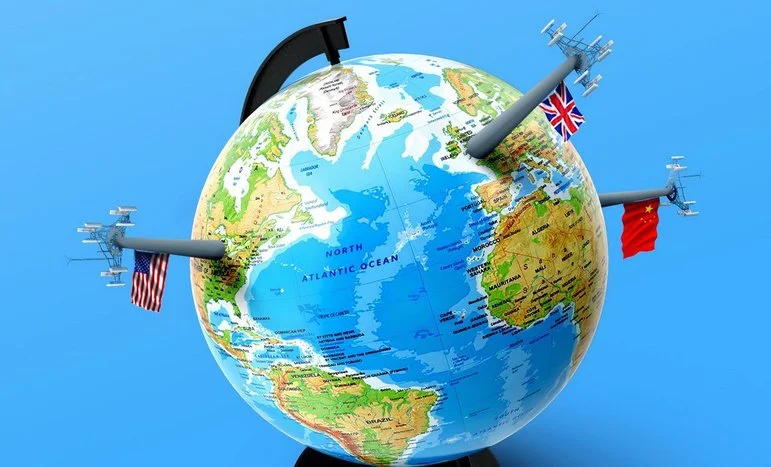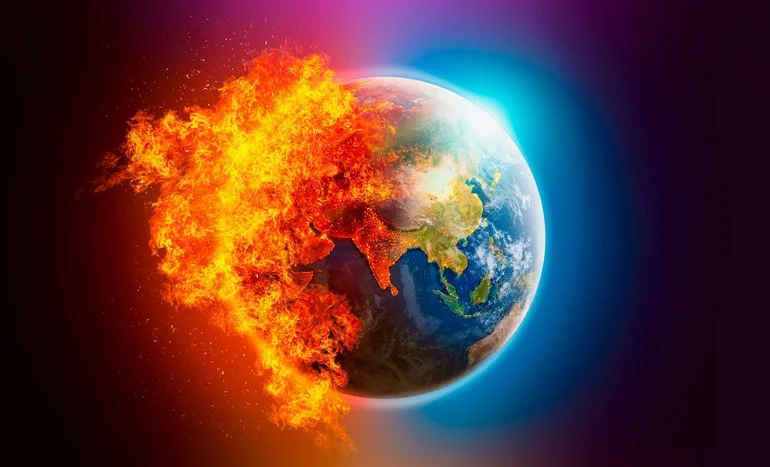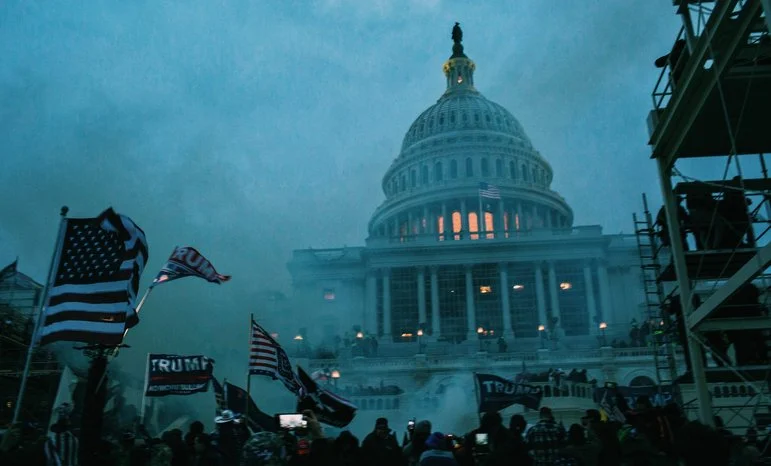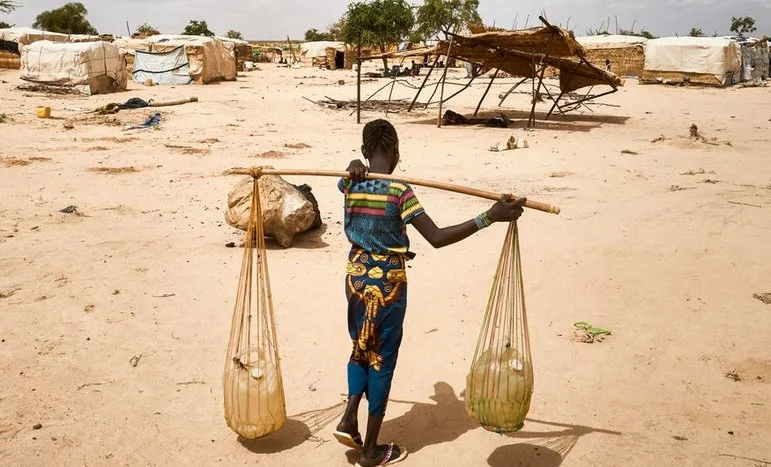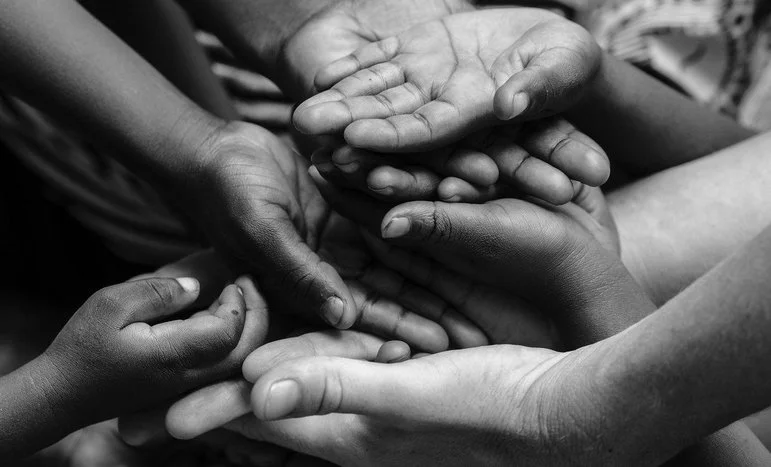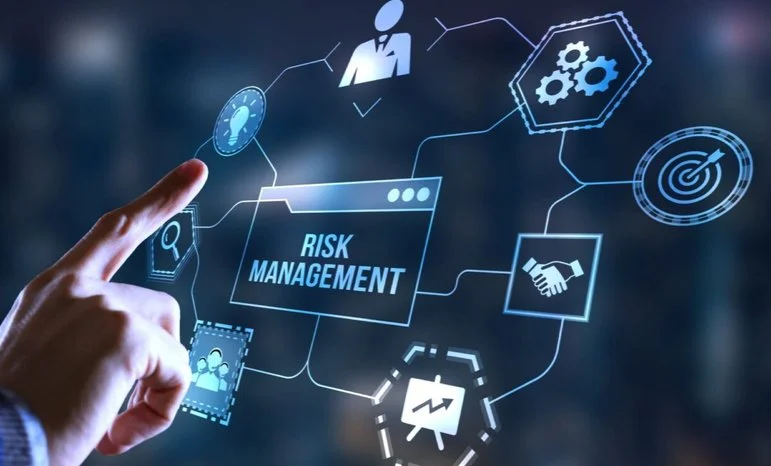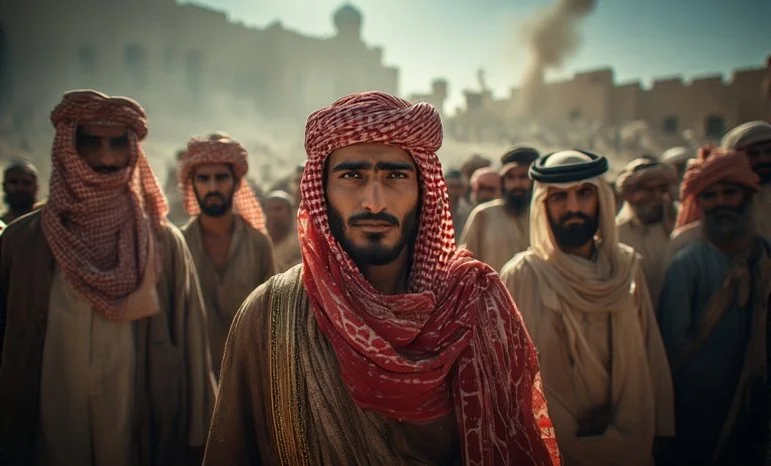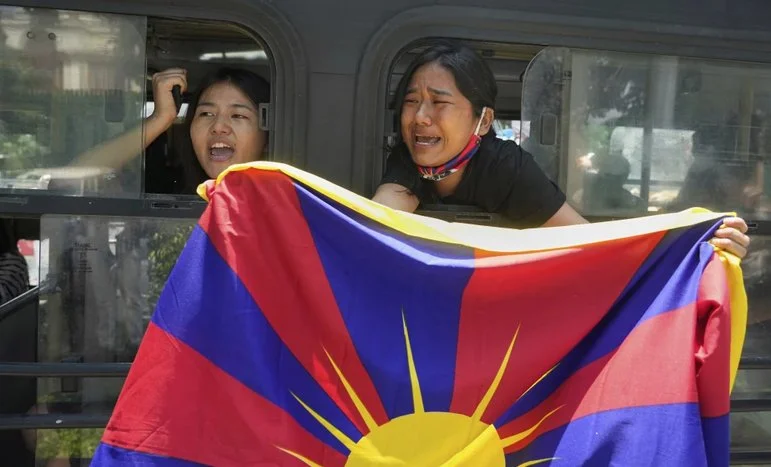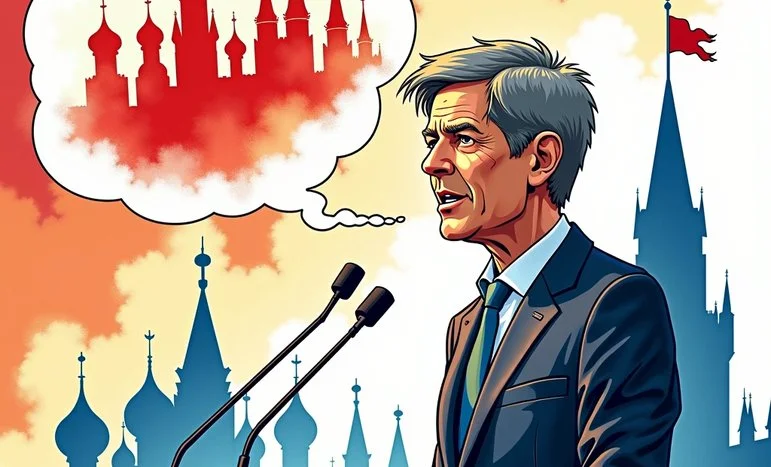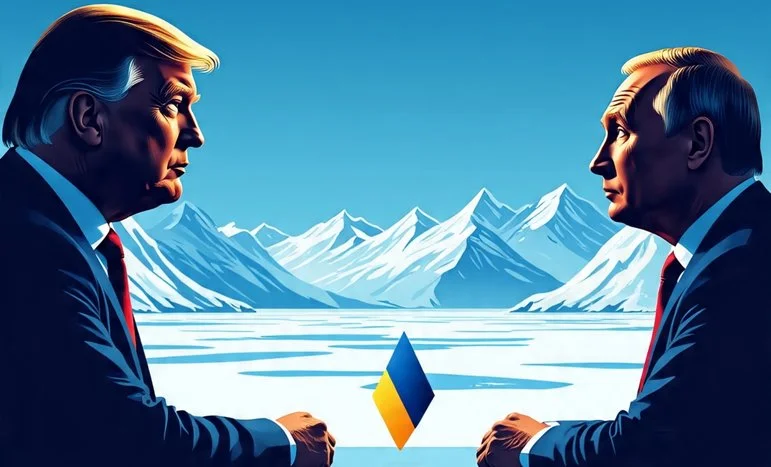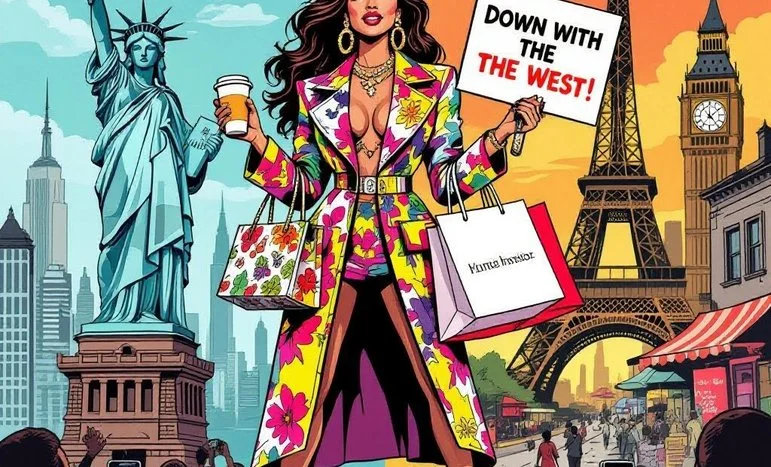“War does not determine who is right—only who is left.” – Bertrand Russell
The 21st century was supposed to be an era of global cooperation, interconnected economies, and peace through diplomacy. Instead, we see a troubling resurgence of regional conflicts, proxy wars, and great-power rivalries—each sparking human tragedies and mass displacement on a scale not seen since World War II.
From Ukraine to the Middle East, from the Horn of Africa to Latin America, instability is shaping migration, testing international systems, and straining the very idea of global security.
Conflict Without Borders
Modern conflict rarely stays contained. In an age of instantaneous communication, financial interdependence, and ideological spillover, regional wars have global consequences:
- Proxy conflicts between major powers prolong suffering and make peace elusive.
- Civil wars and insurgencies destroy infrastructure and governance.
- Ethnic violence and religious persecution lead to genocide and mass displacement.
- Militia and terrorist activity thrive in power vacuums, destabilizing entire regions.
As conflict escalates, humanitarian systems are overwhelmed and diplomacy often falls short.
The Human Toll: Mass Displacement
One of the most visible and tragic effects of today’s geopolitical instability is mass migration. According to the UN, over 120 million people are forcibly displaced worldwide, including refugees, asylum seekers, and internally displaced persons.
- Syrian refugees remain scattered across Europe, Turkey, and the Middle East.
- Rohingya communities flee persecution in Myanmar.
- Ukrainians, Sudanese, Afghans, and Venezuelans seek safety beyond borders.
- Climate-driven migration, often triggered by conflict zones, is rising fast.
These people are not just numbers—they are lives uprooted, futures paused, and families torn apart.
Host Nations Under Pressure
Receiving countries, particularly in the Global South, face immense pressure on resources—housing, healthcare, food, and education. In many cases:
- Local tensions rise between native populations and migrants.
- Political backlash strengthens nationalism and anti-immigrant rhetoric.
- Social services collapse under demand they were never built to handle.
The crisis spreads: not only geographically, but economically and ideologically.
The Nuclear Shadow and the Weapons Race
Beyond conventional conflicts, the world still lives under the nuclear shadow:
- Arms races continue between global powers.
- Rogue states develop or test nuclear capabilities.
- Global disarmament talks stall or regress.
The more fragile global diplomacy becomes, the greater the risk of weapons—conventional or catastrophic—being used or misused.
What the World Must Confront
The solution to geopolitical instability and forced migration is not found in walls, isolationism, or indifference. It lies in:
- Sustainable diplomacy that prioritizes long-term peace over short-term alliances.
- Stronger international institutions with real enforcement powers.
- Equitable resource-sharing to support both migrants and hosts.
- Tackling root causes like corruption, state collapse, and foreign interference.
- Nuclear non-proliferation and arms control enforcement.
Most importantly, we must recognize that conflict anywhere can lead to consequences everywhere.
A Shared Responsibility
Geopolitical crises are not just foreign policy issues—they are humanitarian, economic, and moral imperatives. Every time we look away, the cost grows.
In a world increasingly divided, solidarity and foresight are our best weapons. Not bombs. Not borders.
Peace is not just the absence of war. It’s the presence of justice, safety, and opportunity—for all.
“We may have all come on different ships, but we’re in the same boat now.” – Martin Luther King Jr.
